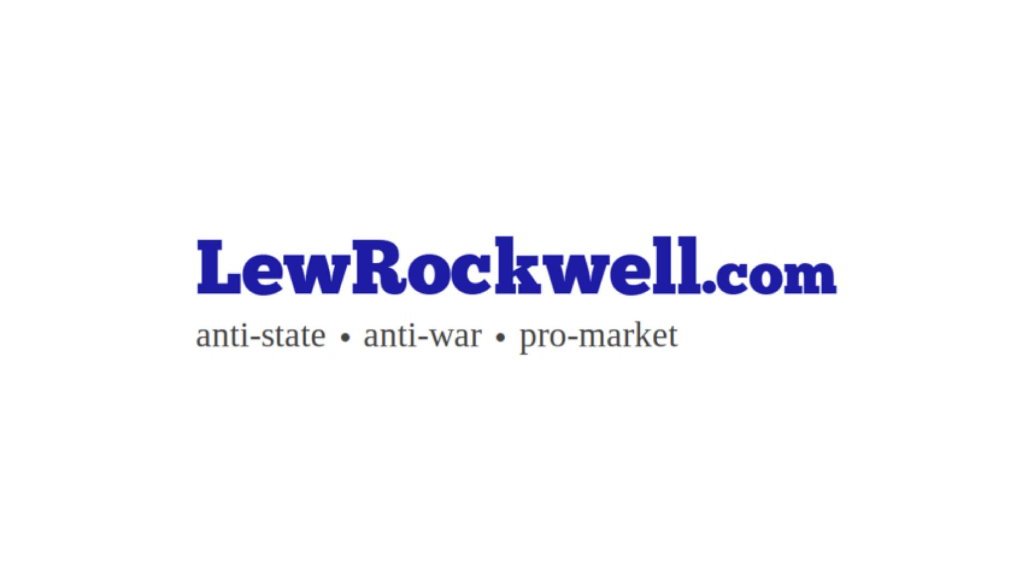The Need for Roots: Prelude to a Declaration of Duties Towards Mankind
“To be rooted is perhaps the most important and least recognized need of the human soul.” —Simone Weil, The Need for Roots: Prelude to a Declaration of Duties Towards Mankind
I’m at the wheel of my mother’s car with my elderly mother in the passenger seat. We are running errands and poking along on a six-laner through the vast sprawl of Jacksonville, Florida. The road is swarming with speeding traffic and afflicted on both sides with shopping malls, office parks, condominium developments, and warehouses.
Not long ago this land, like much of the Southeast, had been fields and farms and swamps. But the fields and farms and swamps had been filled in and paved over and built upon to capitalize on the swelling ranks of people of all ages moving here from all over the country as though at the end of a huge funnel. Around that time, the early 2000s, the Sunshine State’s population was growing at a rate about double the national average. My parents were just two among that multitude of transplants—in their case, retirees—many of whom surround us now.
“Where are we?” my mom asks apropos of nothing, while looking around at the maelstrom whizzing by in the glaring heat outside our air-conditioned car’s windows. I glance at her. Never a large woman, she appears smaller now on account of her years. And I swear she appears to be sinking into the oceanic, anonymous chaos all around us.
“What do you mean?” I ask. We’ve been on this road many times before. I say, “You know where we are.” I think, with a fright, that maybe she is losing her mind. Dementia, that’s what I’m thinking. Is this how it starts? Small slips of disorientation.
“Not like that,” she says. “I mean, what is this place?”
I feel her perplexity as my own. I feel “lost” here, too. Ungrounded. Uneasy. What is this place? We could be just about anywhere in the country; there are no defining features to indicate that we are anywhere unique. Where I live, in the Hudson Valley of New York, there’s the same scourge of urban and suburban sprawl. But the scale is smaller, more contained, and even easily avoidable if that’s something you want to do. There’s still plenty of nature around in which to seek solace. But not here. There’s no escape; you could drive for hours and still never find your way out of this same mind-numbing morass, drained of the natural world but for the ragged palmettos that occasionally dot the median strip that separates the opposing lanes of traffic.
Born in the Northeast, I spent most of my youth in an early American exurban pocket of Connecticut. Now, in the nearly 40 years that I’ve lived in the Hudson Valley, I’ve sown my own roots here among similar remnants of old architectures, storied histories, and bumpy, winding roads among which I was raised. I like it. I could even say I need it. And I’ve cherished living among the spirits of my ancestors on my mother’s side of the family who, as members of the Continental Army, fought the British in the Revolutionary War in these parts. My small house—a former gatehouse to a still-extant 19th-century Hudson Riverfront estate—is just a mile from a historic site and house that belonged to one of the signers of the Declaration of Independence. He is entombed in the graveyard of the old stone church next door to me.
For most of their lives, my mother and father, too, lived in the Northeast. My guess is that in this moment my mother is not feeling rooted someplace or connected to anything meaningful in her life. I can almost feel as if we’re tumble weeds surrounded by more tumble weeds, all of us just blowing in the prevailing wind. With nothing around us now to remind her of where she’s from, of where her lineage fits into the nation’s history, perhaps it’s my mother’s ancestral memory that’s drawing a blank. Yet, she knows exactly where we are: Somewhere in the middle of nowhere.
I despair for her. She has reached an age when you want to feel secure in, and at ease with, your place in the universe—a feeling of being held, if you will, by family and friends—yet now she appears to feel more emotionally orphaned than I’ve ever noticed before. It is strange to think of your mother or father being orphaned. But how else to put it? There is no one they can count on for regular, familial support; nothing beyond the physical comfort they’d sought all of their adult lives and have now achieved. But gained at the expense, it turns out, of no longer feeling at home anywhere. Which is to say there are other ways to feel orphaned
Article from LewRockwell

LewRockwell.com is a libertarian website that publishes articles, essays, and blog posts advocating for minimal government, free markets, and individual liberty. The site was founded by Lew Rockwell, an American libertarian political commentator, activist, and former congressional staffer. The website often features content that is critical of mainstream politics, state intervention, and foreign policy, among other topics. It is a platform frequently used to disseminate Austrian economics, a school of economic thought that is popular among some libertarians.



